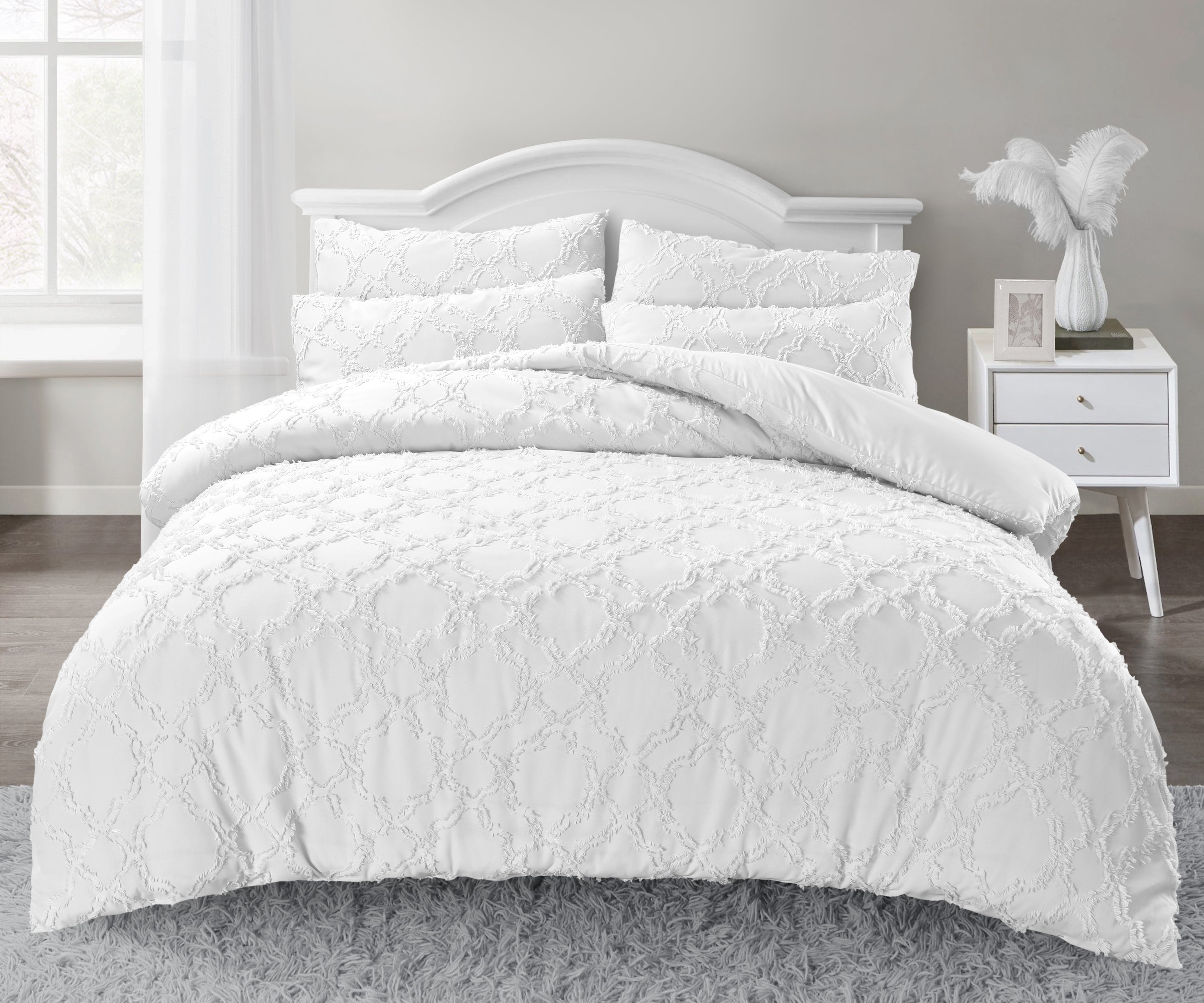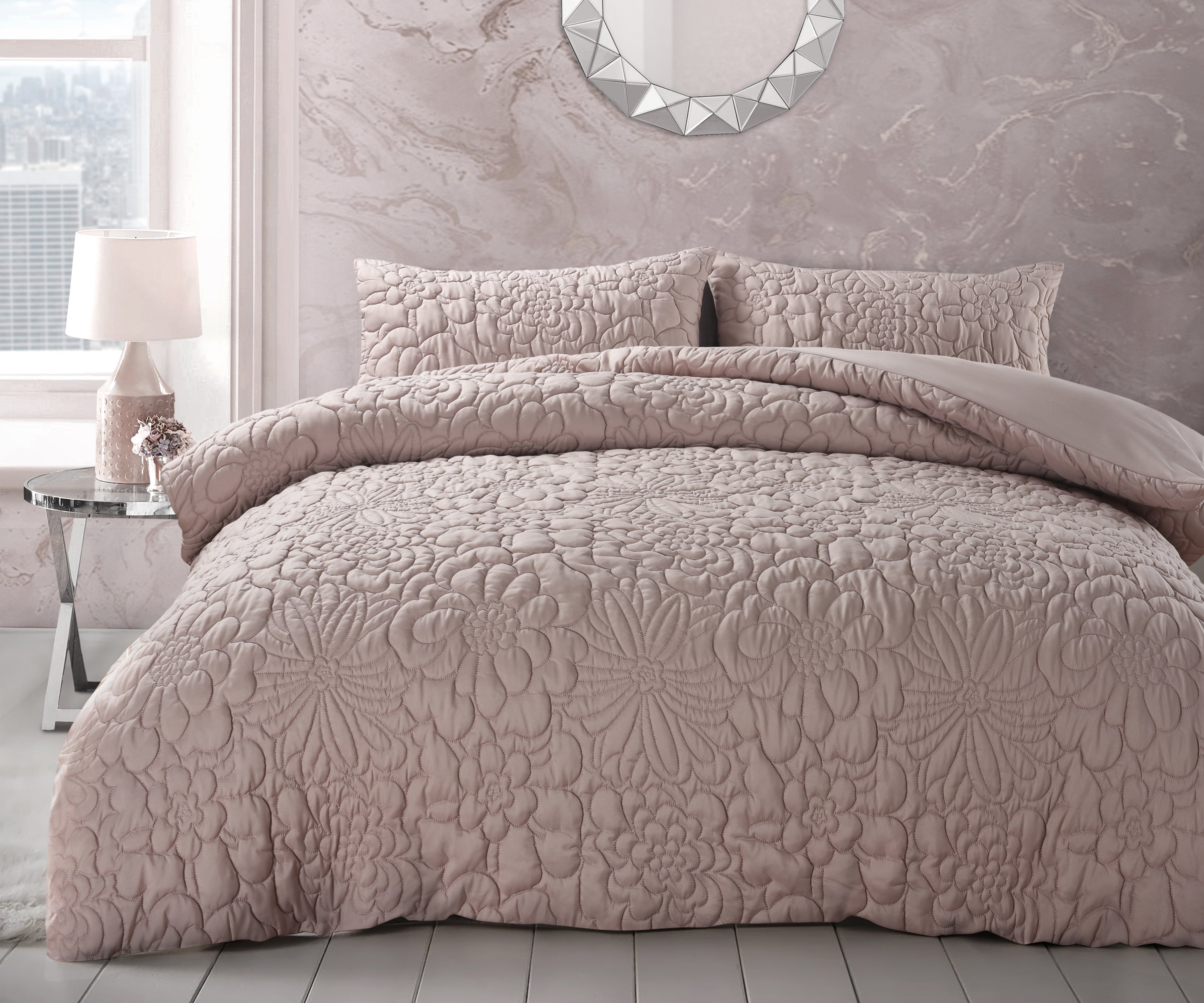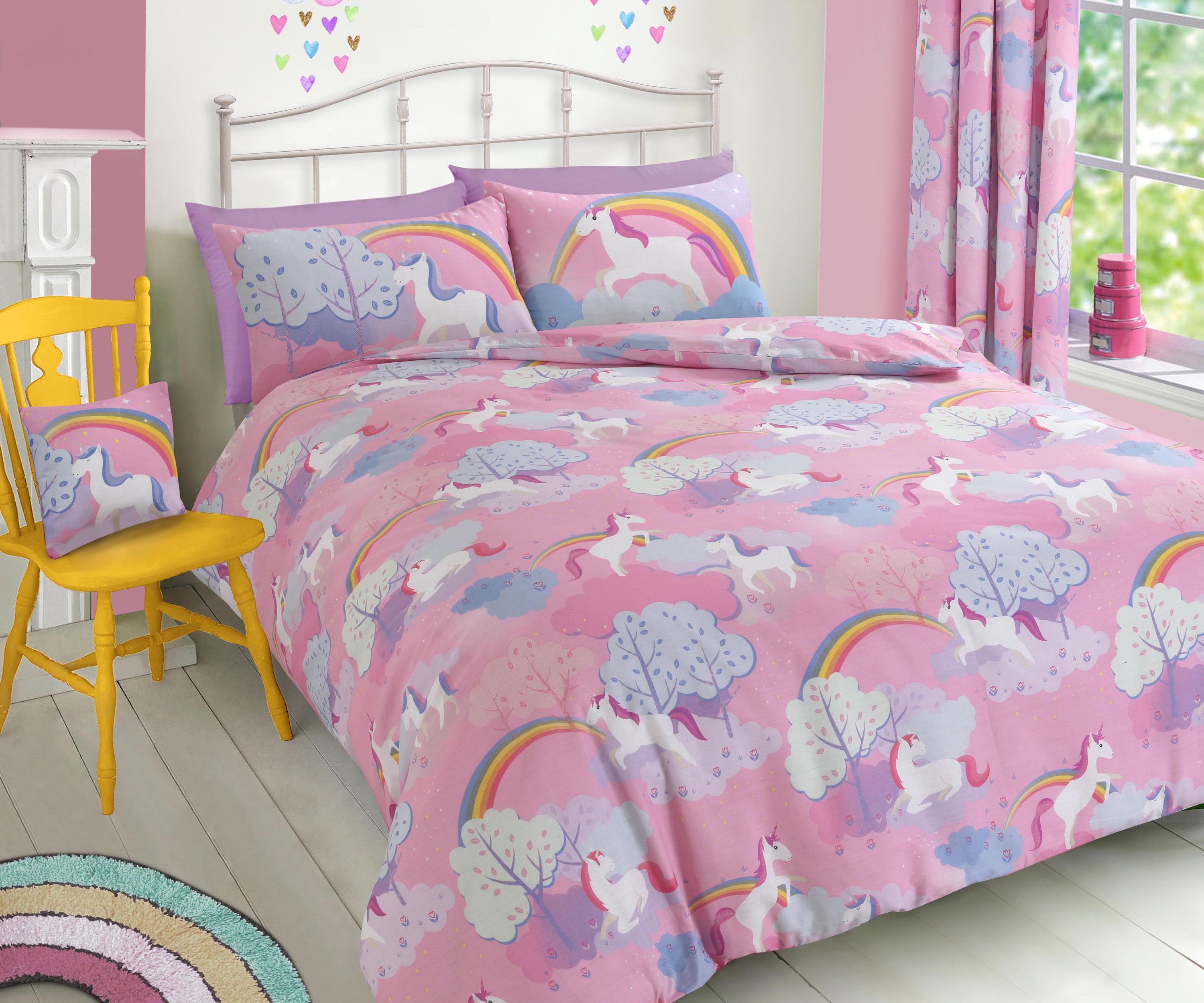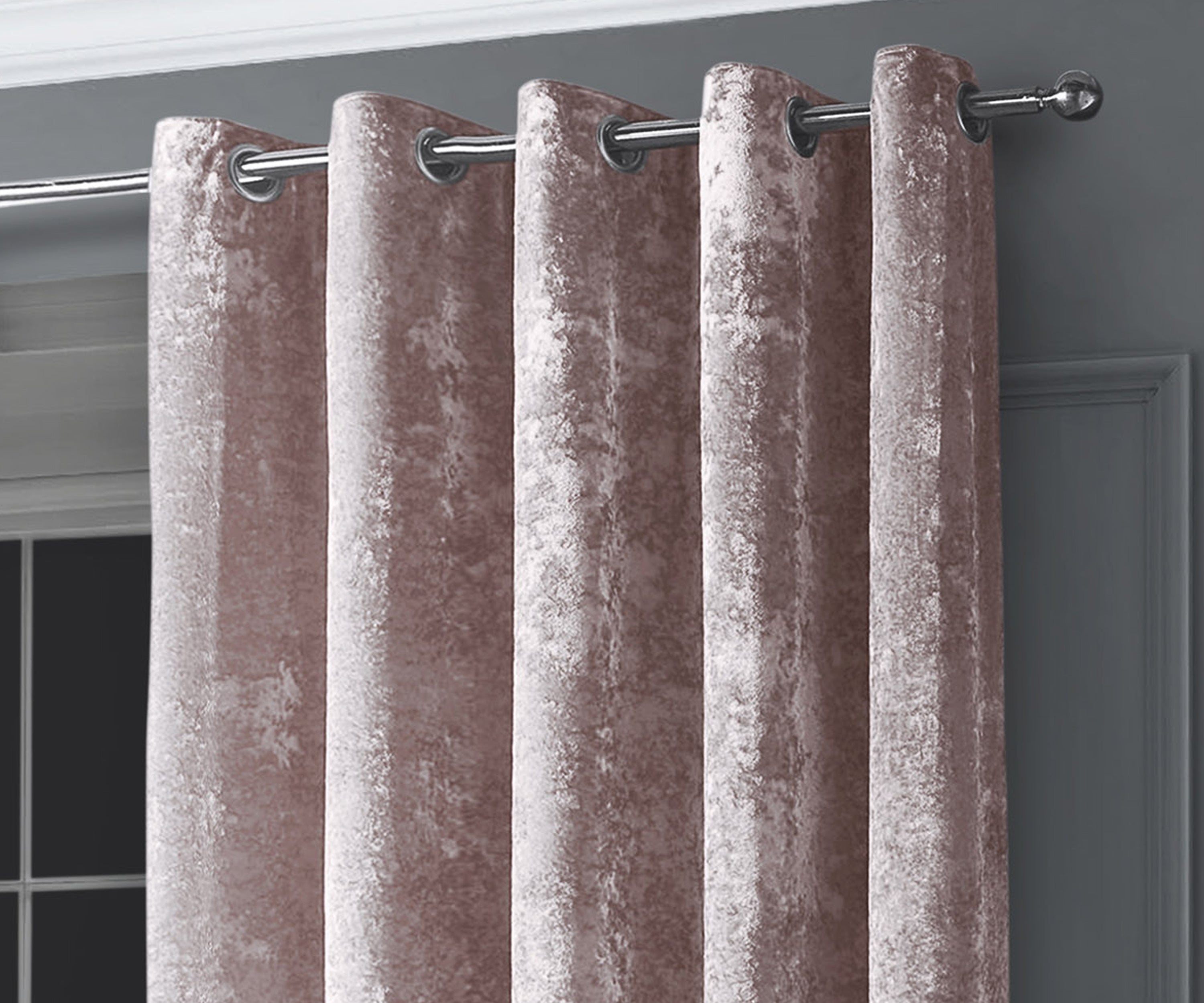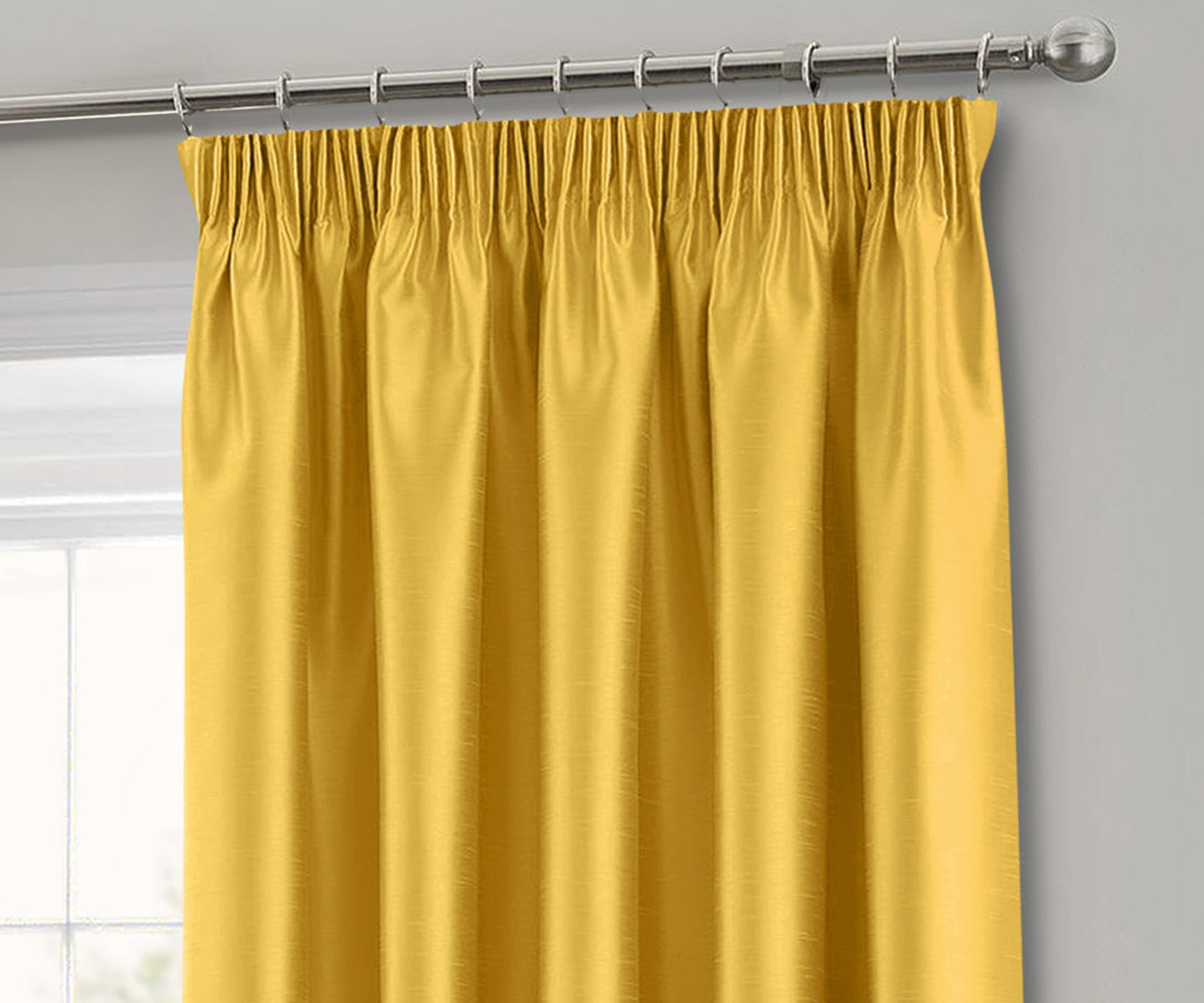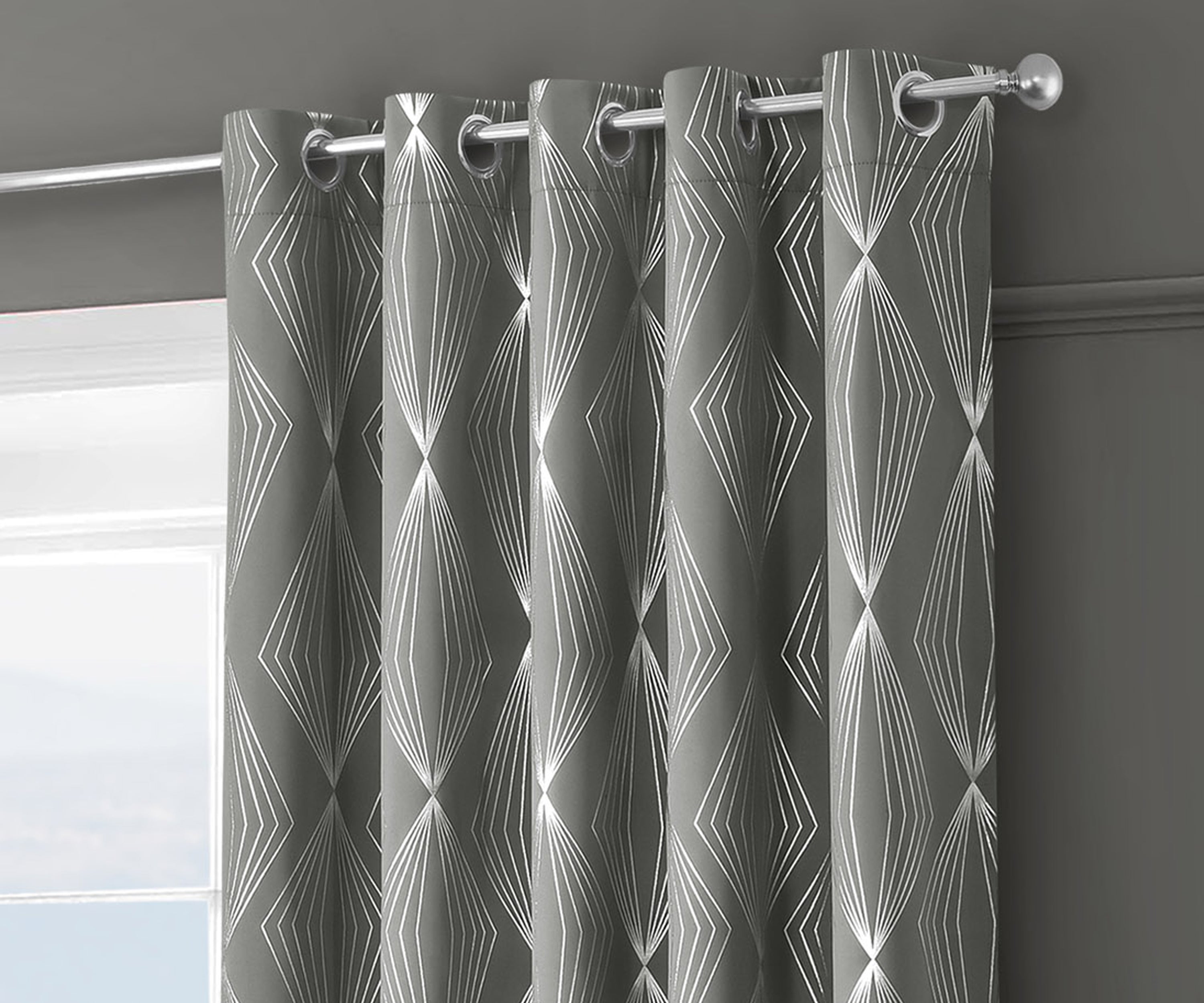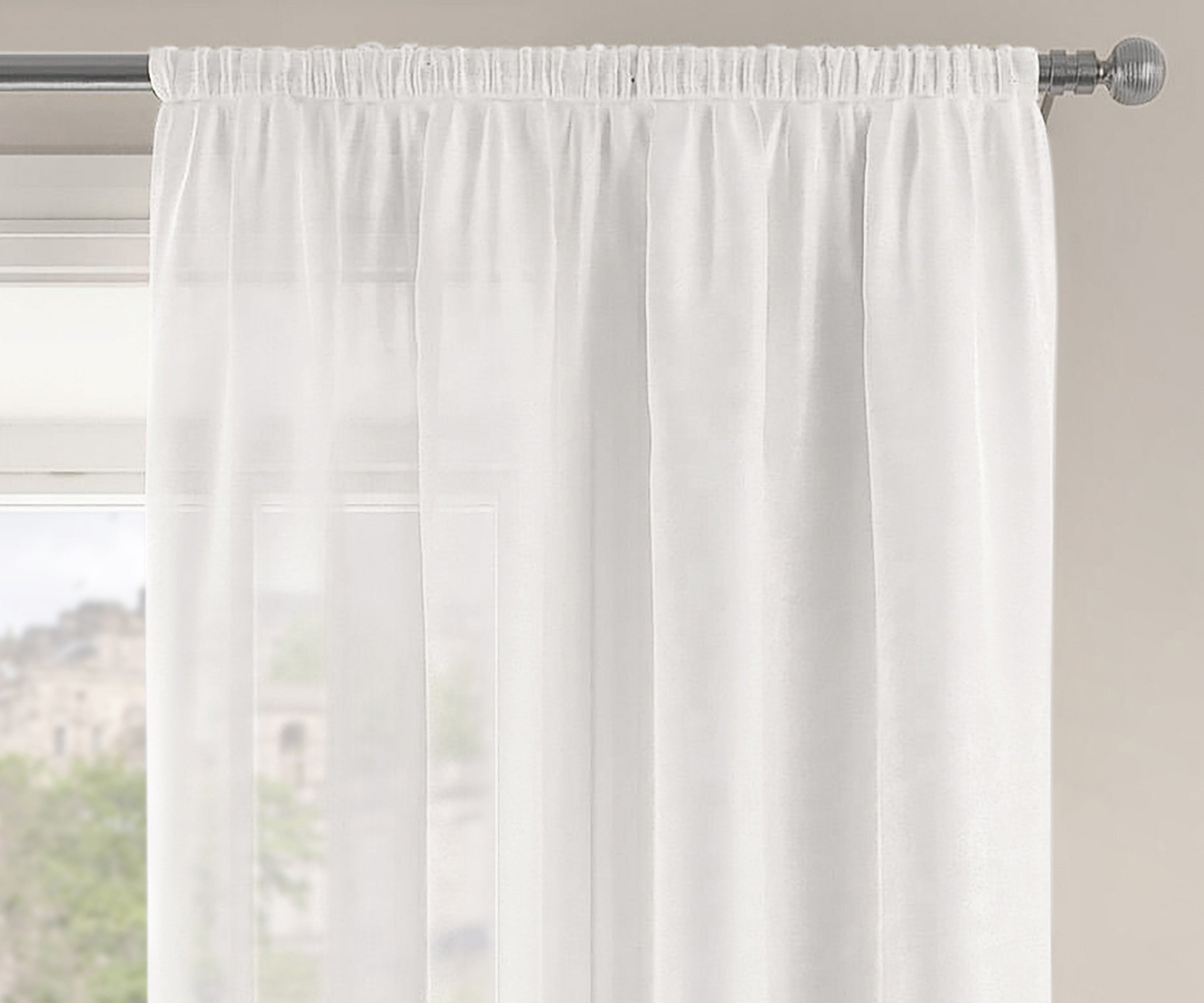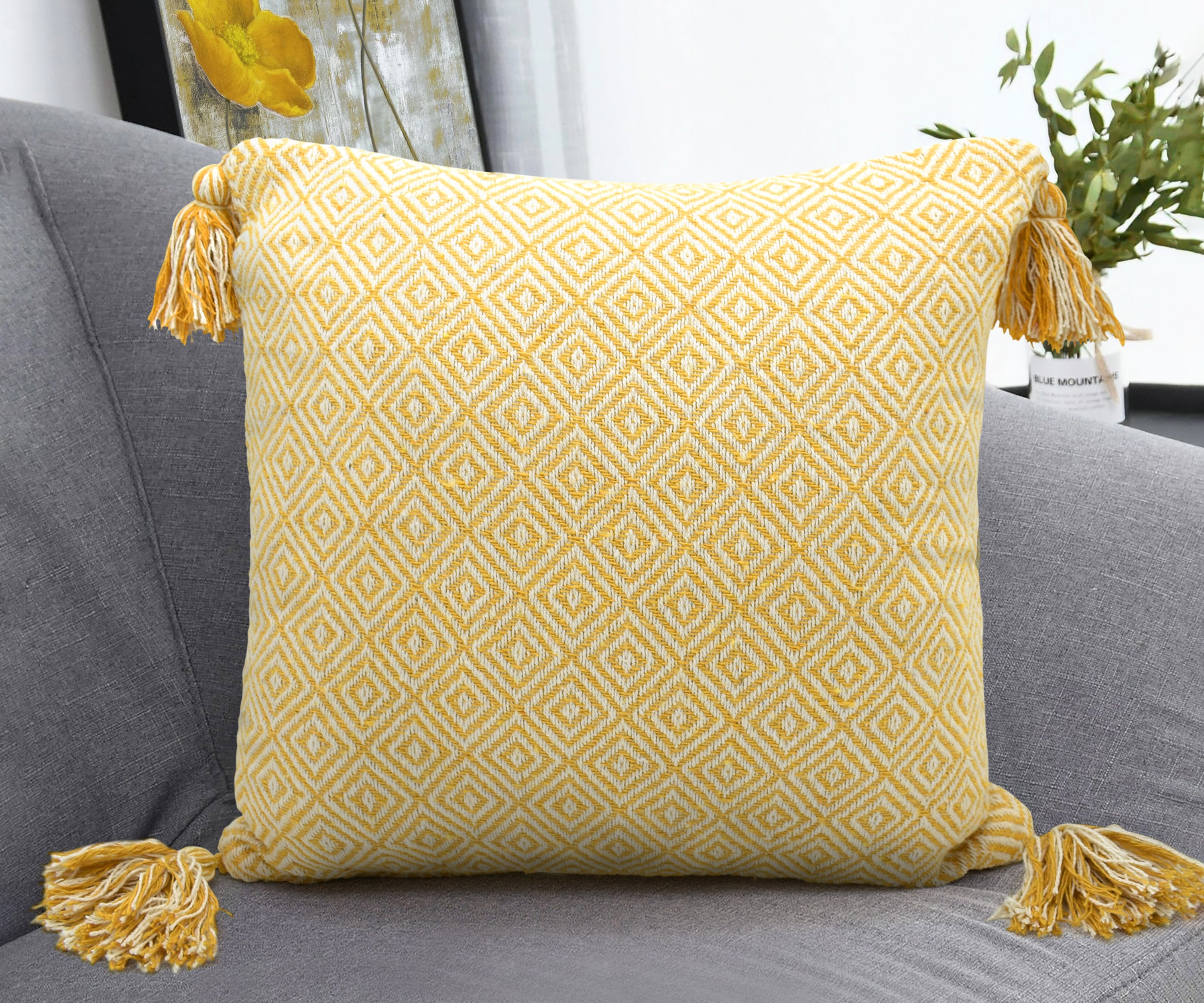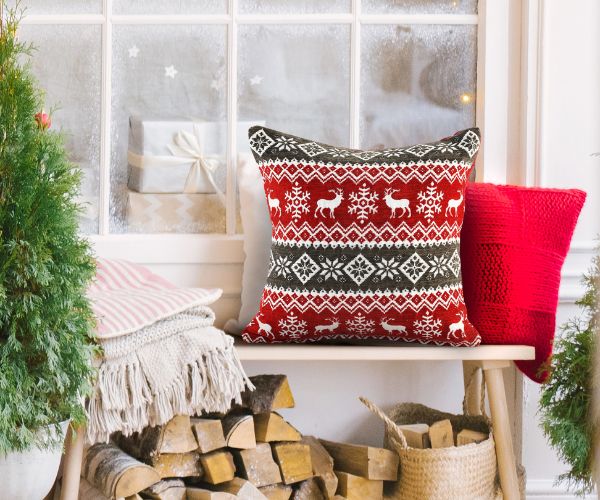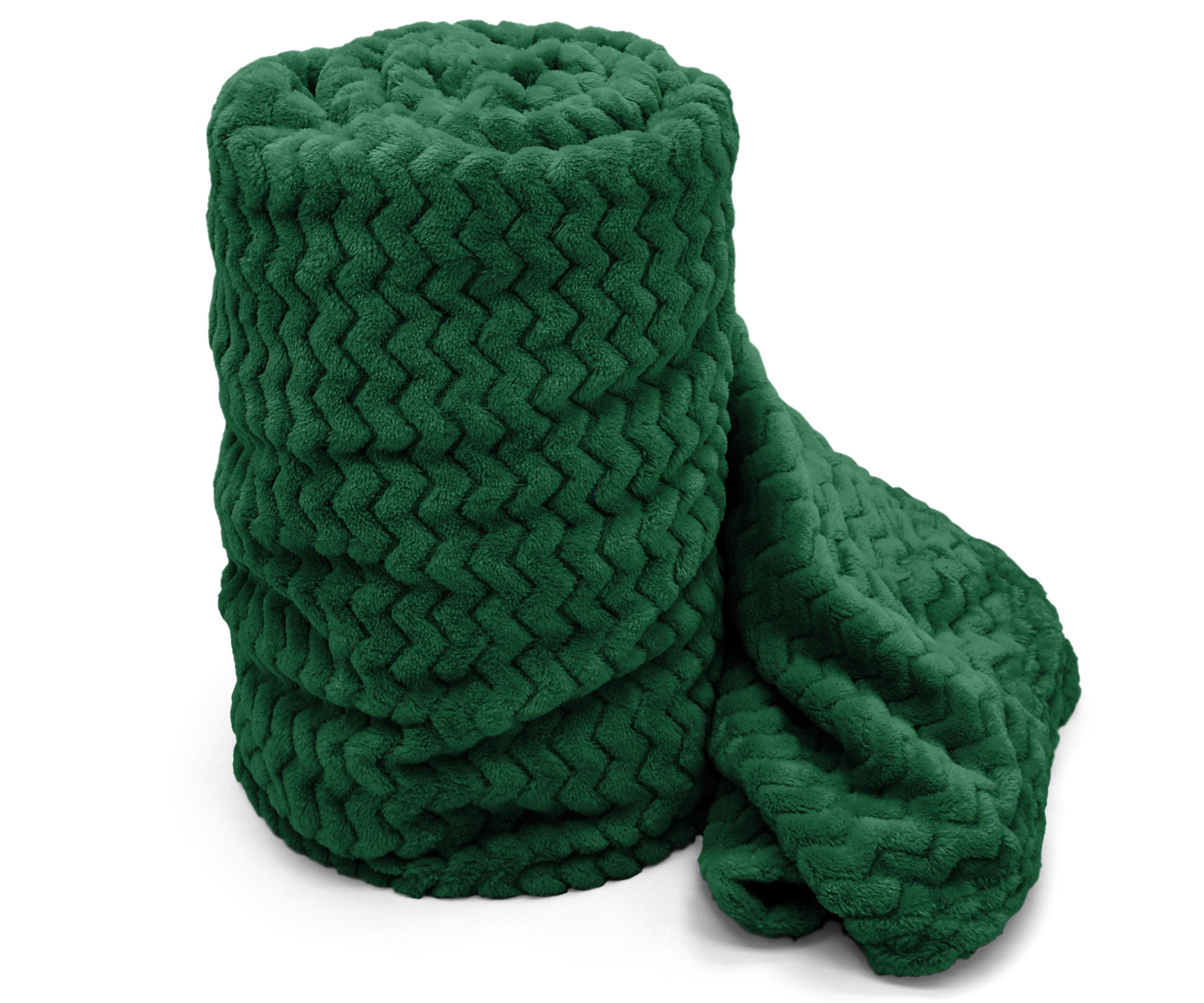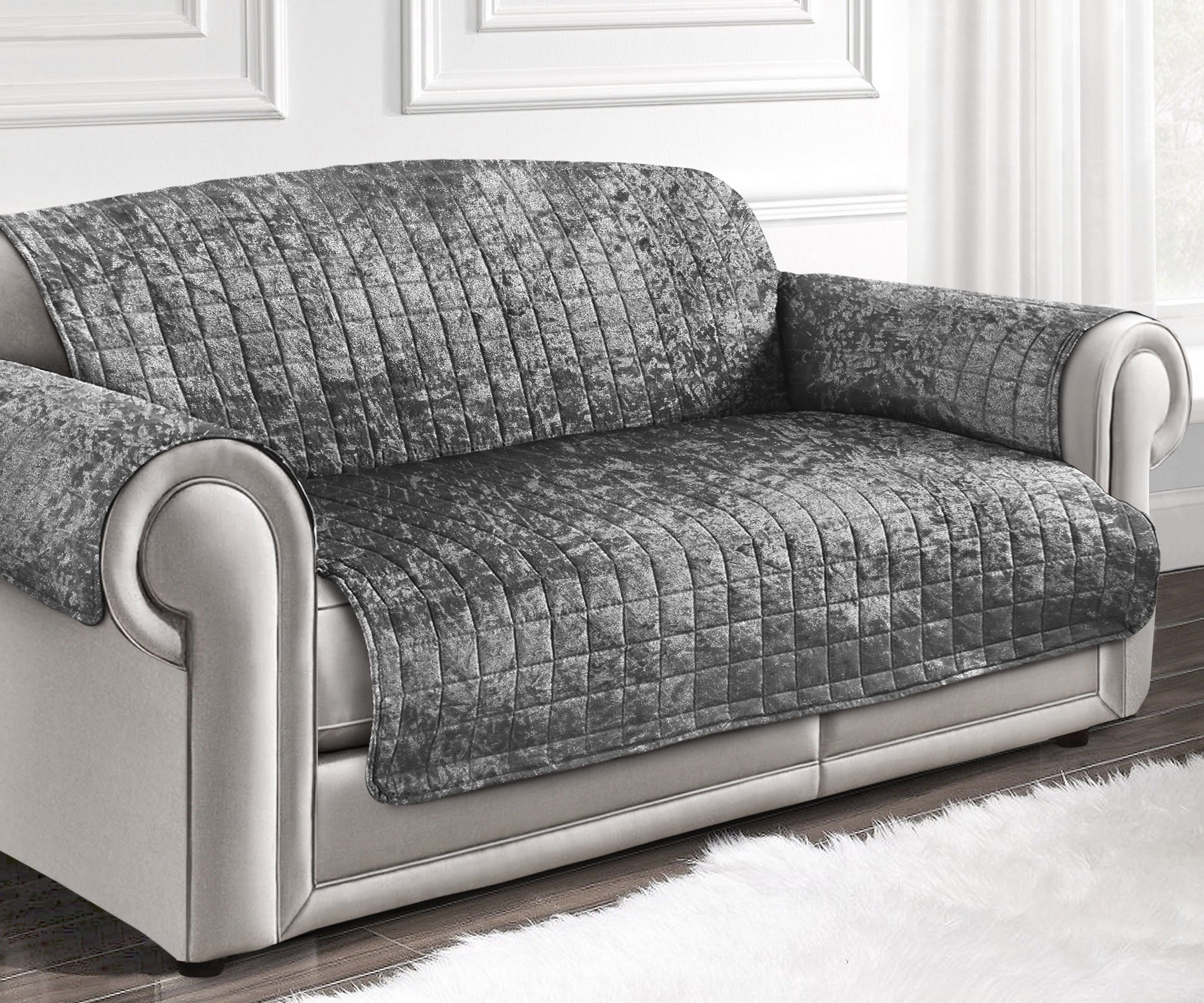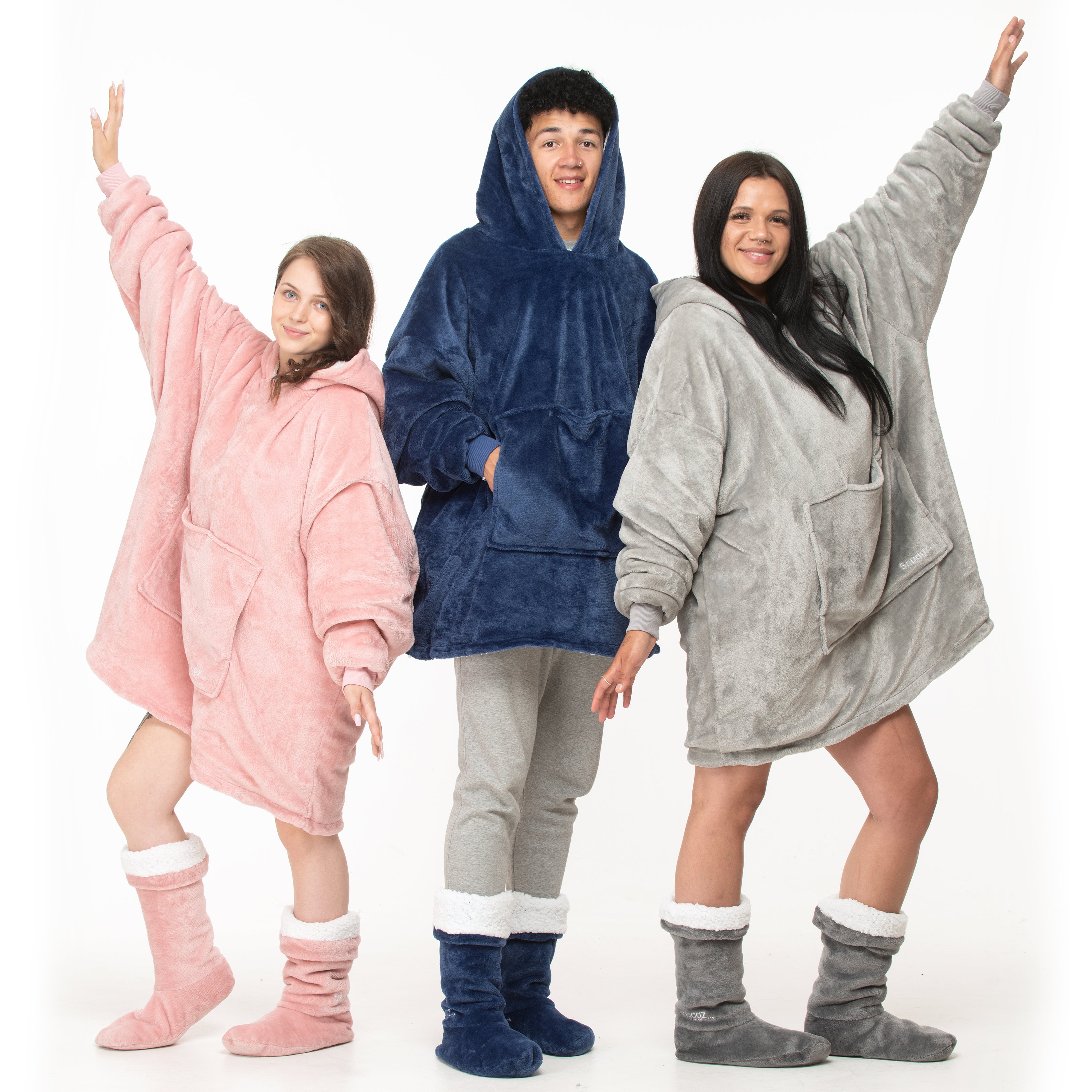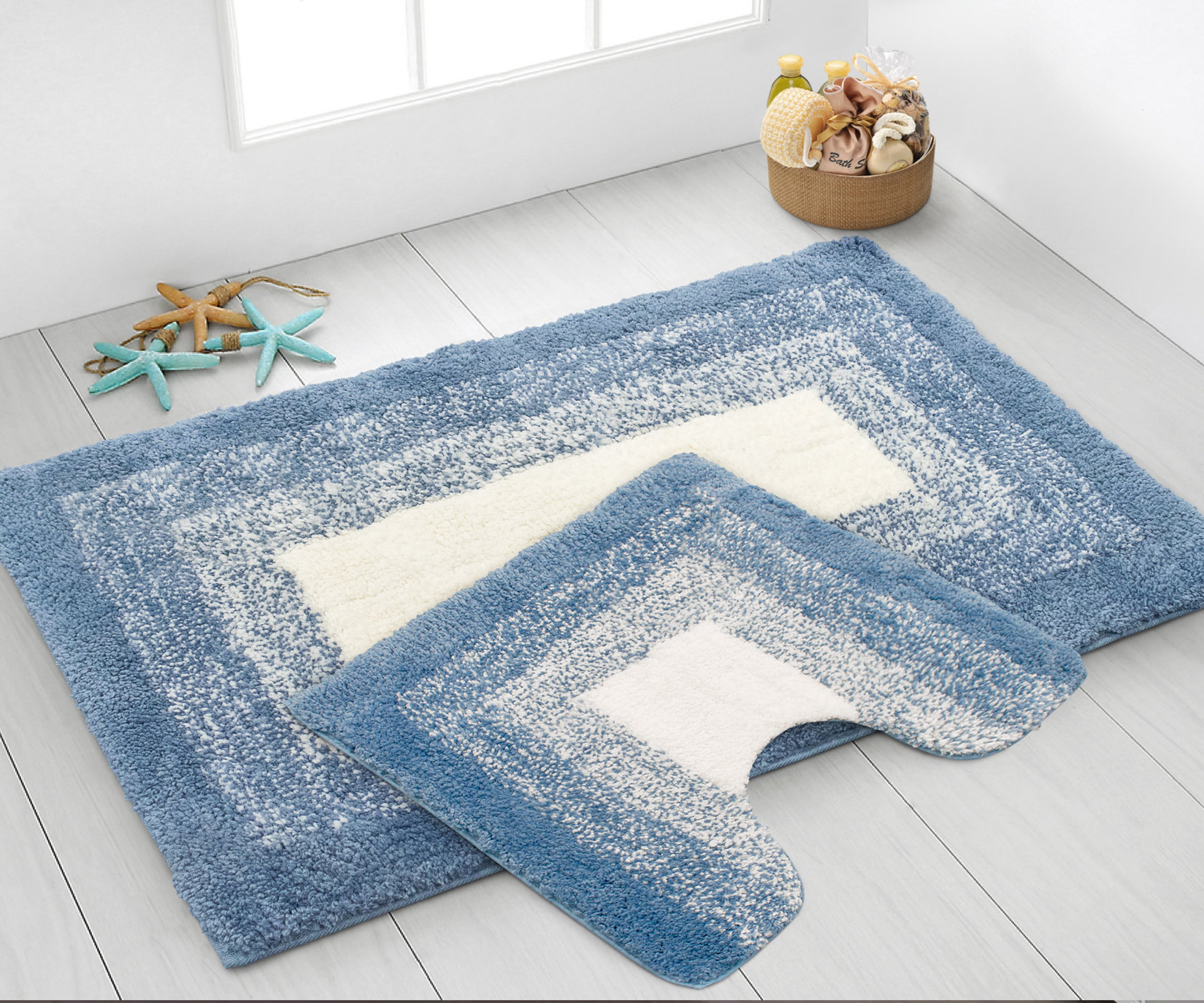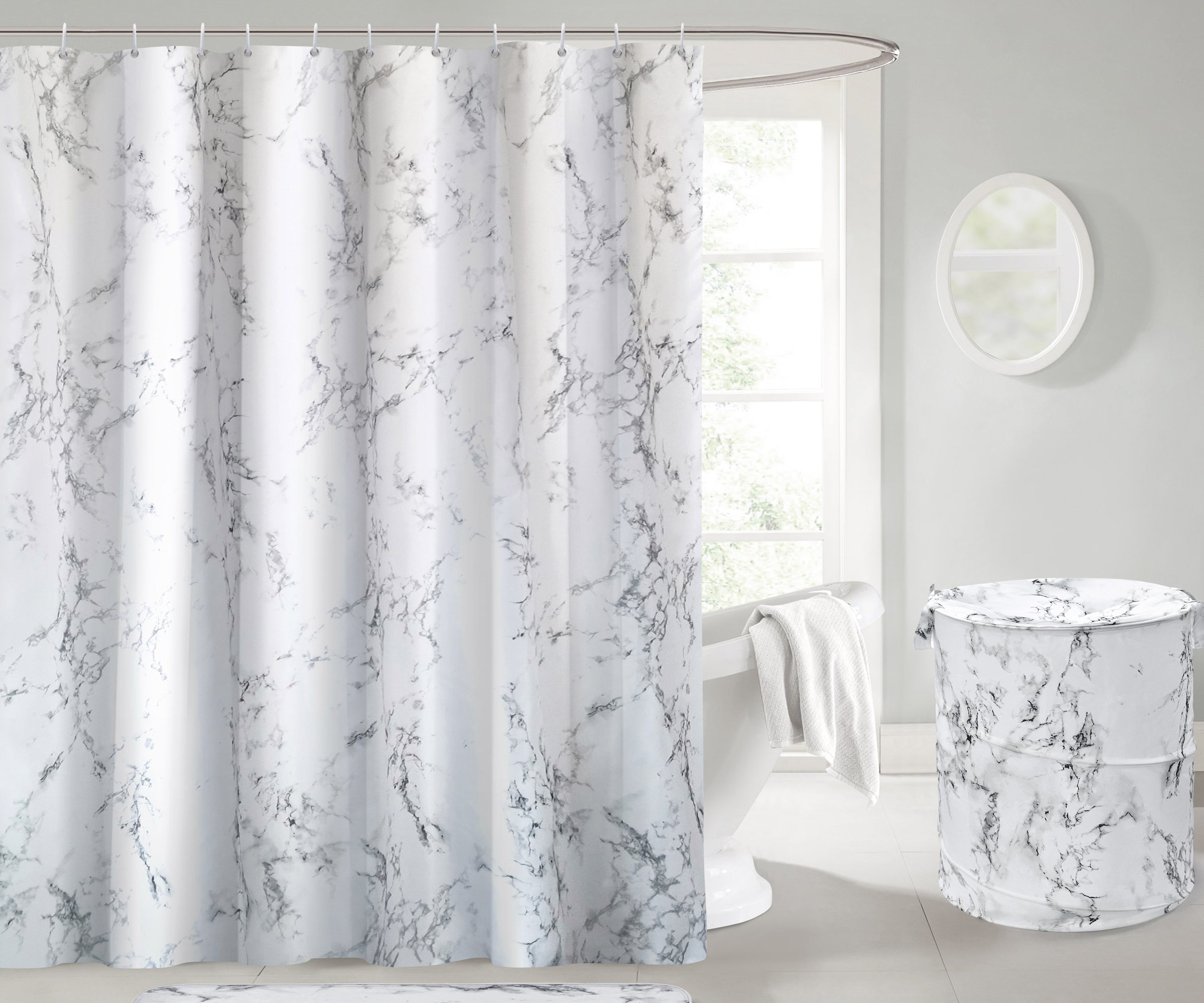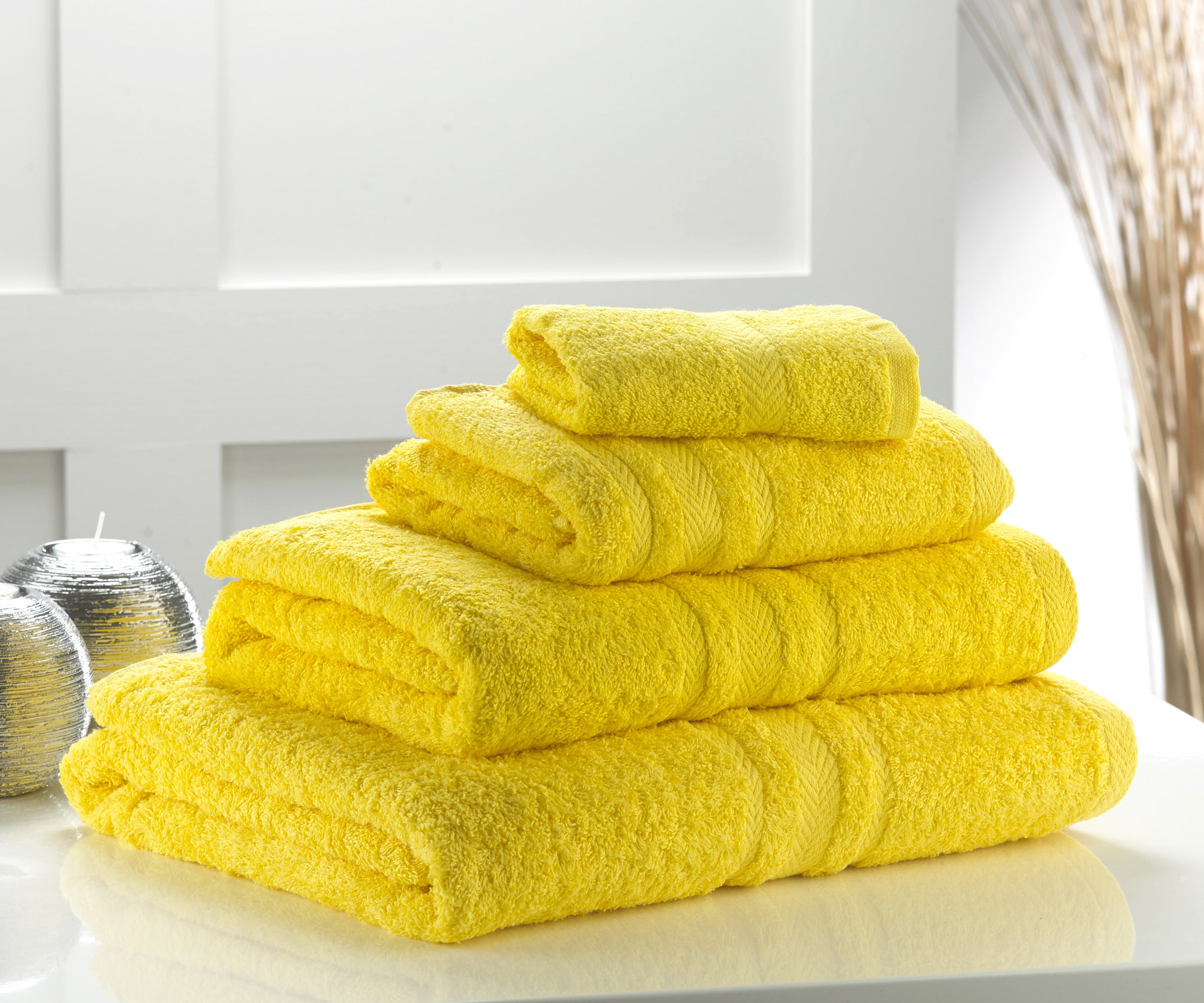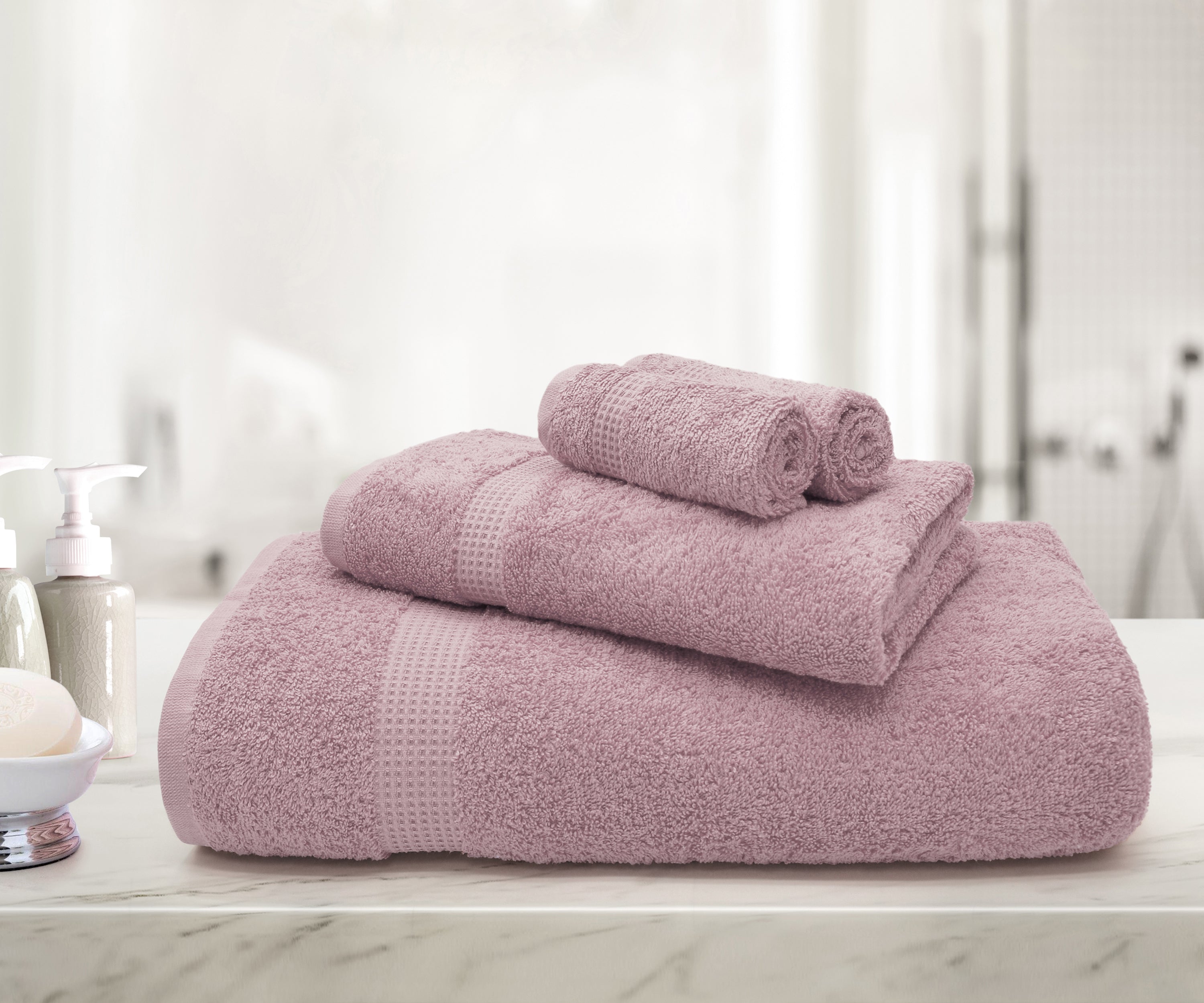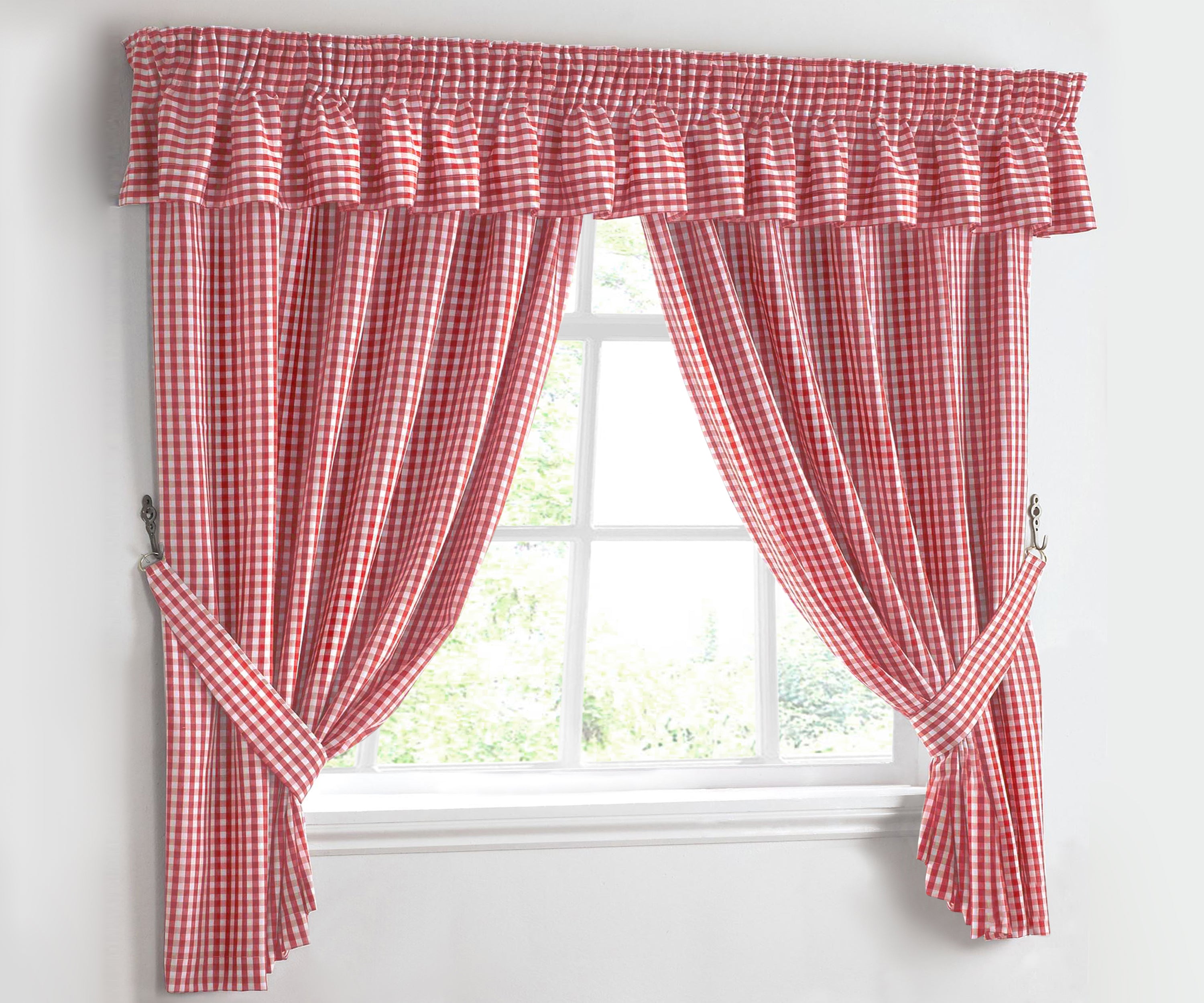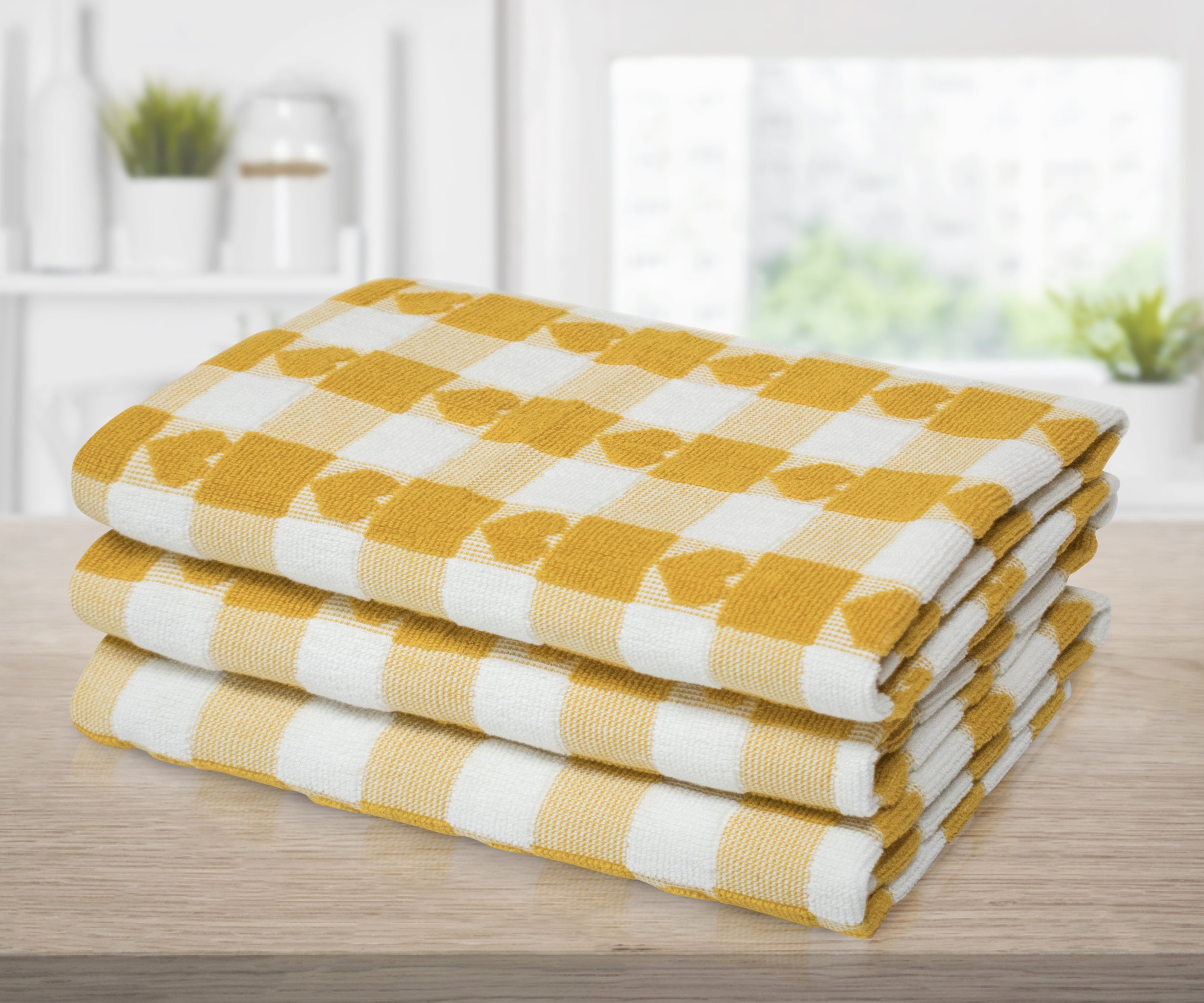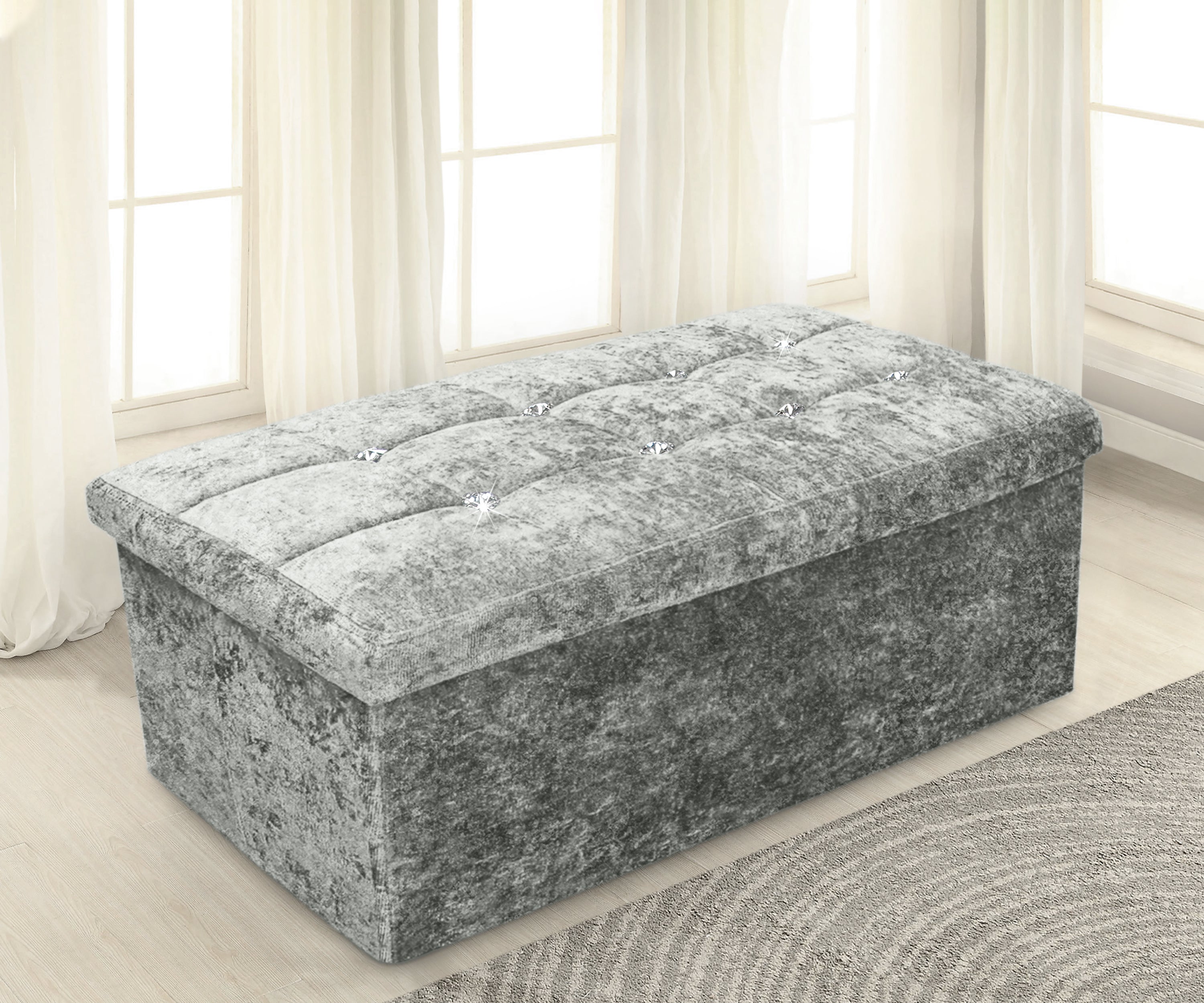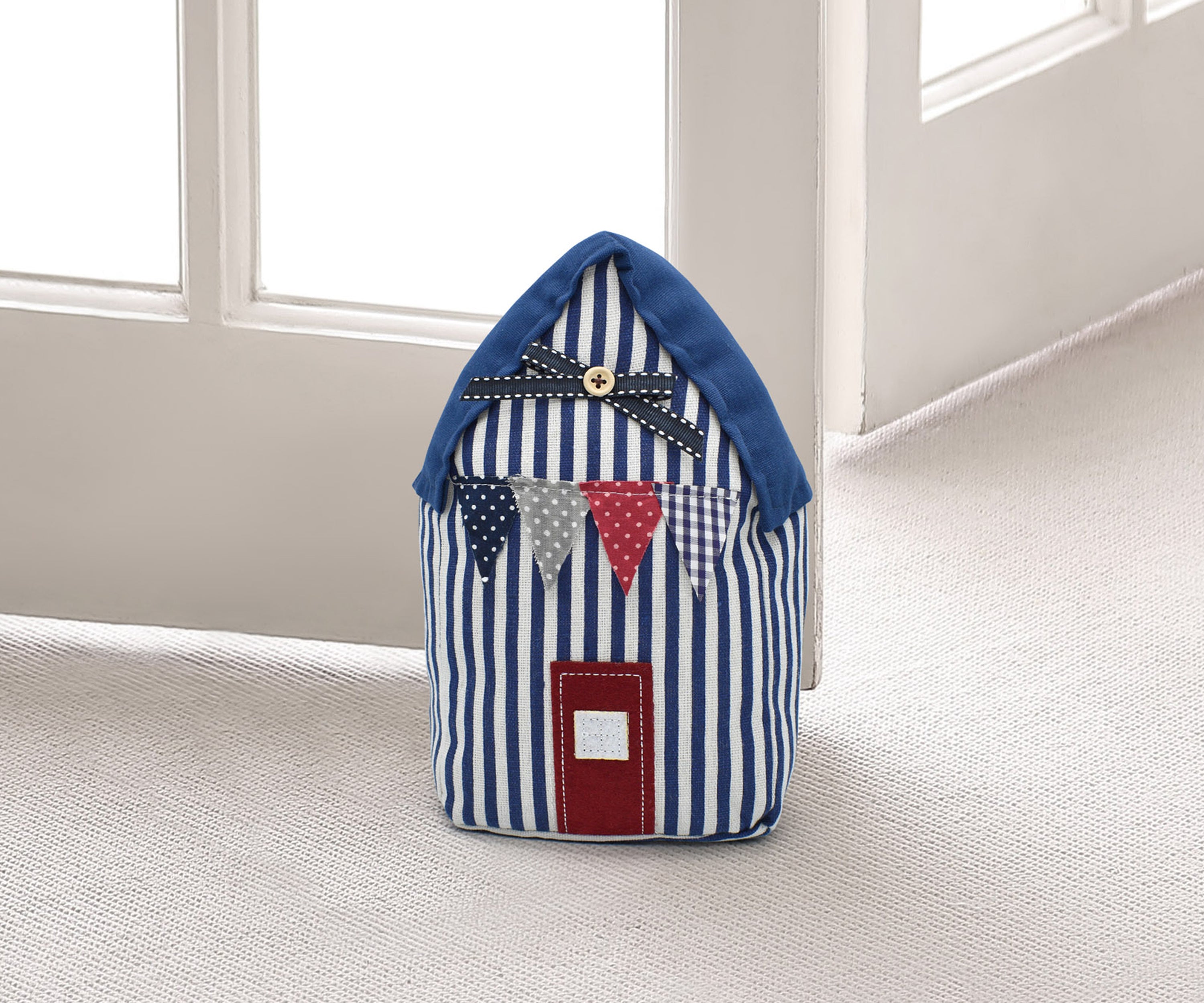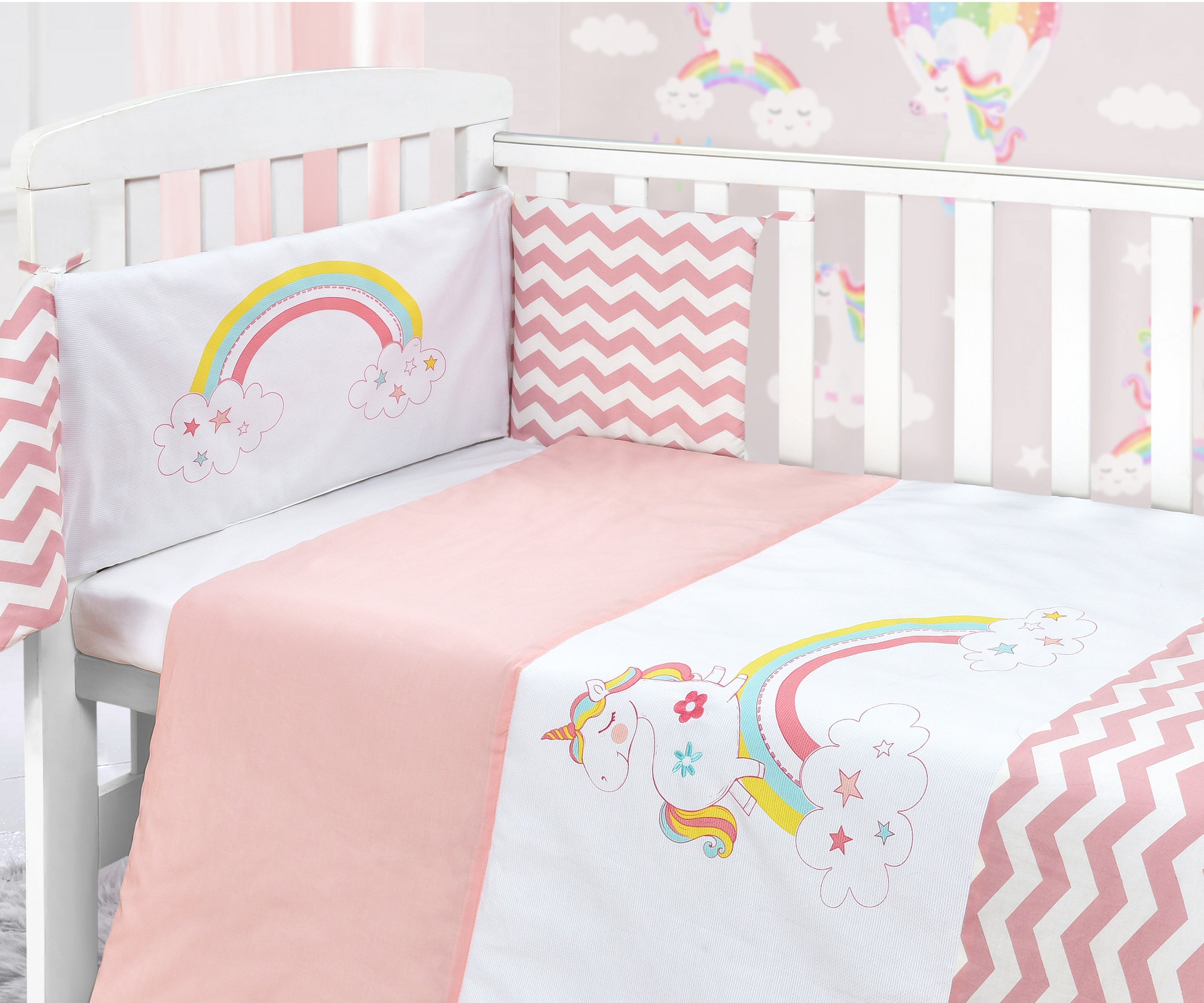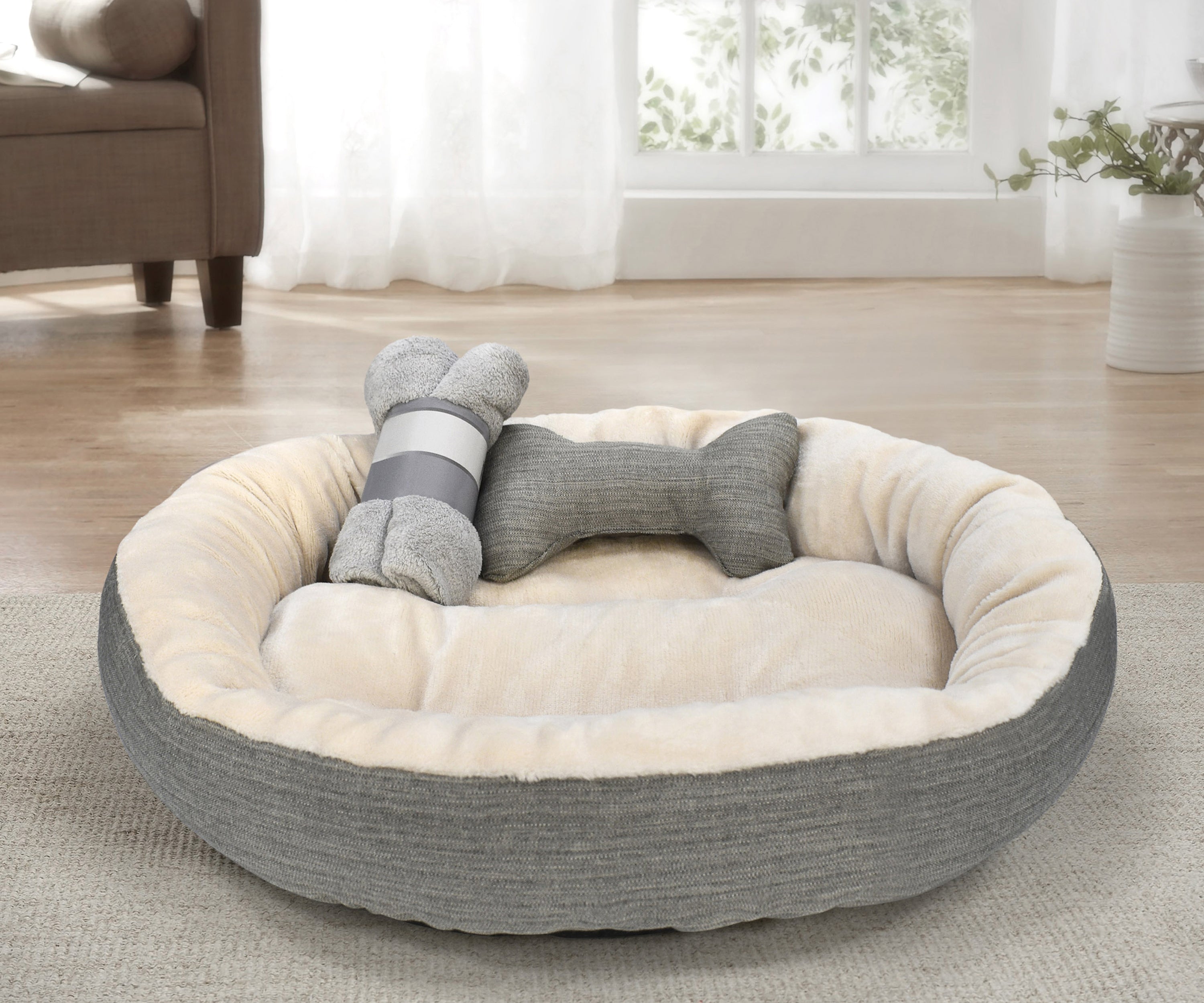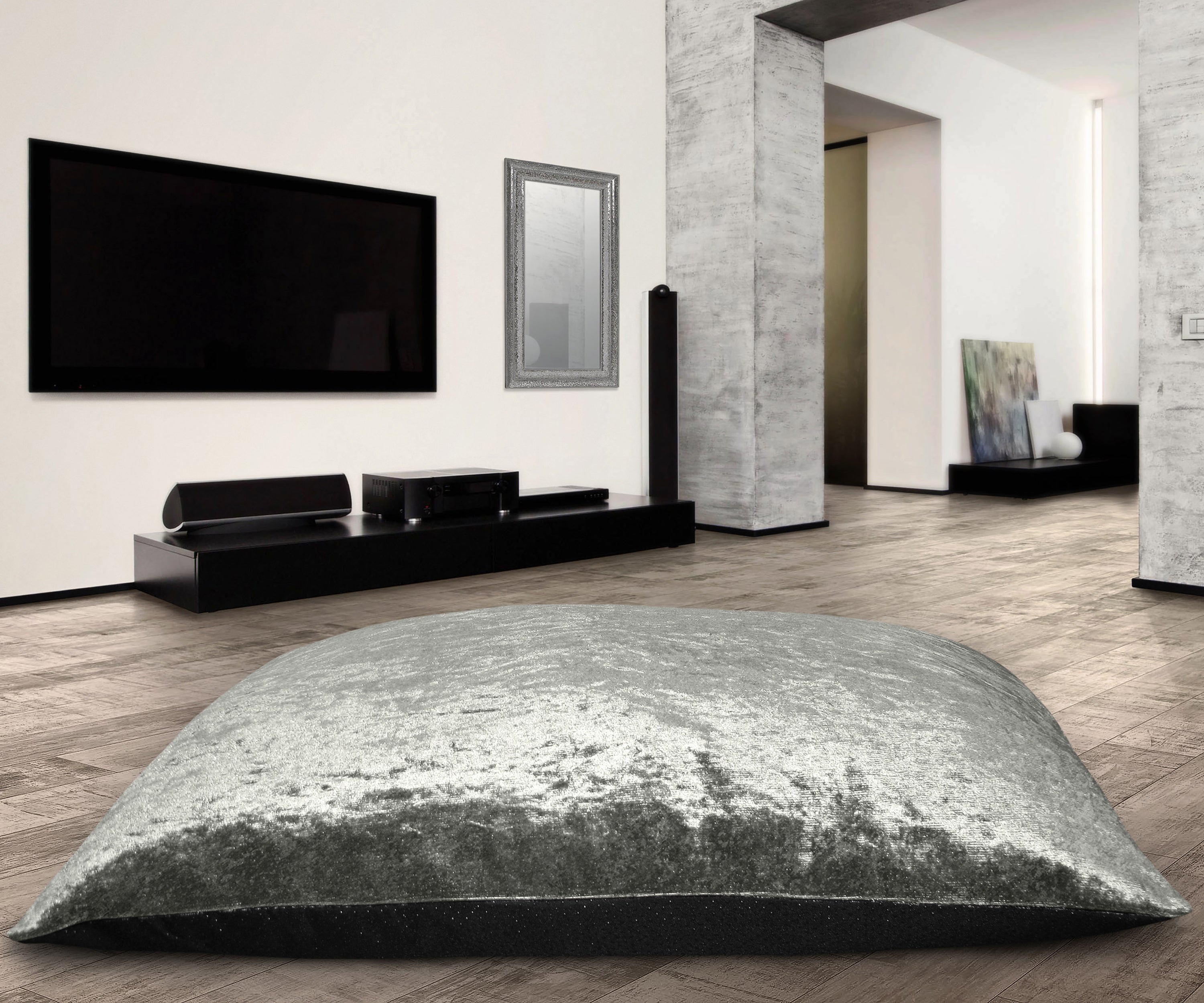When it comes to the seemingly simple task of buying towels, you may find yourself facing a myriad of options and considerations. From different types of towels to the materials they are made from, it's essential to understand the key factors that contribute to finding the perfect towel for your needs. Additionally, once you've chosen the ideal towels, knowing how to properly care for them will ensure they remain soft, absorbent and long-lasting.
In this towel buying guide, we'll delve into the world of towels, covering everything from the various types available to the materials they are crafted from, and conclude with essential care tips to maintain their quality. Whether you're revamping your bathroom, in need of new beach essentials or simply seeking a better understanding of towel shopping, this guide will equip you with the knowledge to make informed decisions and ensure your towels stay fresh and fluffy for years to come.

How to choose a set of towels
When choosing the right towel type, it's important to consider factors like the type of towel, their size, how absorbent they are and their durability; you'll then be well on your way to choosing the perfect towel set.
Consider the specific purpose or setting where the towel will be used. Bath towels are meant for drying off after bathing, hand towels for regular hand drying, washcloths for cleansing and beach towels for outdoor escapades.
Evaluate the appropriate size based on your needs and the available space. For example, bath towels are generally larger, while hand towels and washcloths are smaller and more compact.
Look for towels with high absorbency to efficiently dry your body or hands. Opt for towels made from materials known for their absorbent properties, ensuring effective moisture absorption.
Choose towels that can handle the hustle and bustle of everyday life, i.e. those that can withstand regular use and frequent washing without losing their quality. Consider the overall construction, stitching and fabric quality to ensure long-lasting durability.
What type of towels should I buy?
When it comes to selecting towels, it's essential to consider the specific types that best suit your needs. Here are some of the types of towels you can choose from:
- Bath towels. Bath towels are specifically designed to wrap you in a cosy embrace after a refreshing shower or bath. They are the most common and versatile type of towel, ready to save the day with their larger size and impressive absorbency. Measuring around 28 by 56 inches (70 cm by 140 cm), these mighty towels provide full-body coverage and ensure you're dry and snug in no time.
- Bath sheets. If you crave a touch of luxury and yearn for a spa-like experience within the confines of your own home, look no further. Bath sheets, larger in size at a generous 39 by 63 inches (100 cm by 160 cm), offer an indulgent embrace that wraps you in pure bliss. These glorious towels are perfect if you want to elevate your daily routine to new heights of opulence.
- Hand towels. Unlike their larger counterparts, hand towels are smaller in size but still highly functional. With their rectangular or square shape, they are perfect for placing near sinks, in bathrooms or even in your kitchens, and typically measure around 20 by 39 inches (or 50 by 100 cm).
- Face cloths. The smallest members of the towel family, washcloths take on the crucial task of cleansing and exfoliating the skin with precision and care. Face cloths are perfectly suited for facial and body cleansing, as well as the gentle removal of makeup. Made from soft materials and measuring at a modest 12 by 12 inches (or 30 cm by 30 cm), they provide a practical and efficient solution.
What materials are towels made of?
When it comes to towels, the material they are made of plays a significant role in their performance and feel. Here are some common towel materials to consider:
- Cotton. Cotton towels are a popular choice known for their softness and absorbency. They provide a plush and cosy feel, making them ideal for bath towels. You can find different grades of cotton towels, such as Egyptian cotton and Turkish cotton, which are renowned for their superior quality, durability and ability to withstand frequent use. Cotton towels excel in absorbency, efficiently soaking up moisture and drying relatively quickly.
- Microfibre. Microfibre towels are crafted from synthetic fibres, typically a blend of polyester and another material. These towels are highly absorbent and known for their quick-drying capabilities. They are often preferred for sports, travel and hair drying due to their compactness and efficiency. Microfibre towels are highly absorbent and tend to dry even faster than cotton towels.
- Polyester and nylon. Synthetic towels, such as polyester and nylon blends, are commonly used for specialised purposes like camping or fitness activities. They are lightweight, quick-drying, and resistant to mildew and mould. Synthetic towels are generally more affordable and may offer additional features like UV protection or sand resistance.

How to care for towels
Taking care of your towels properly can help maintain their quality, absorbency, and lifespan. Here are some guidelines to ensure your towels stay fresh and fluffy:
1. Avoid excess use of chemicals
Minimise the use of harsh chemicals, such as skincare products containing benzoyl peroxide or acne medications, as they can bleach or discolour your towels. If necessary, use a separate towel for these purposes.
When washing coloured towels, refrain from using chlorine bleach as it can lead to fading. Instead, consider using oxygen-based bleach for stain removal or whitening. It's recommended to follow the instructions on the bleach product for proper usage. To prevent stains from setting, address them promptly. Treat stains using appropriate stain removal methods or products according to the instructions provided.
2. Properly dry and store your towels
Tumble drying your towels on a low to medium heat setting helps fluff them up and maintain their softness. However, over-drying can make them stiff. Alternatively, air drying in a well-ventilated area or outside can help reduce energy consumption and preserve the fibres.
Hang your towels to dry completely after each use to prevent moisture buildup, which can lead to mustiness or mildew. Ensure they have adequate airflow by spacing them out or using towel hooks. Avoid storing damp towels in confined spaces.
3. Make sure your towels are washed regularly
Wash your towels regularly to remove dirt, oils, and bacteria. Aim for every 3-4 uses or as needed. Consider using hot water or adding vinegar during the wash cycle occasionally to sanitise them effectively.
Follow the care label instructions regarding water temperature. Generally, using warm water is suitable for most towels. Hot water can be used for white towels or heavily soiled items, while cold water helps preserve colours.
Whether you're upgrading your bathroom, preparing for a beach getaway or simply refreshing your towel collection, this towel buying guide has hopefully equipped you with the insights needed to make the best decisions.
Related Collections


